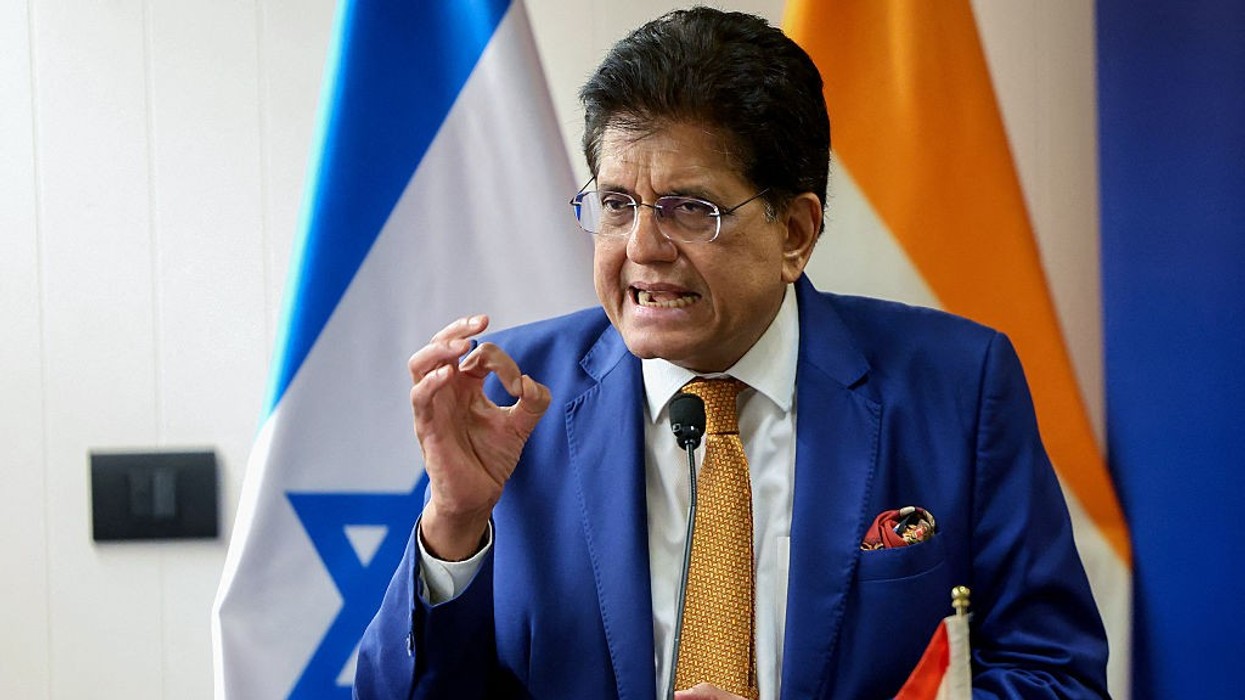Reema Diwan, vice president for design & technical services at Accor India & South Asia and a leading voice in hospitality design, said that sustainability, technology, wellness, and enhanced guest experiences will define the future of India’s tourism and hospitality industry through 2030.
She was speaking on the occasion of World Tourism Day, which this year carries the theme “Tourism and Sustainable Transformation.”
Comfort-led design, smart technology, and sustainability are now at the core of this transformation. Digital check-ins, AI-powered concierge services, and smart automation are reshaping how guests interact with hotels, while IoT-enabled operations and cloud-based systems are driving efficiency and reducing costs. At the same time, green hotels are receiving recognition for their focus on energy conservation, water preservation, and waste reduction.
According to the World Travel & Tourism Council, India’s travel and tourism sector contributed $231.6 billion to the economy in 2024 and is projected to grow at an average annual rate of 7.9 percent over the next decade, making it one of the fastest growing in the world. With 9.95 million arrivals and $28 billion in foreign exchange earnings last year, India has already emerged as the eighth-largest tourism economy and is expected to rise to fourth position globally by 2034. Diwan underlined that the sector’s rapid growth must be matched with sustainable practices and innovation to ensure long-term success.
She noted that the hospitality industry alone accounts for around one percent of global carbon emissions, a number that will increase sharply without urgent action. To address this, the sector has committed to reducing emissions per room by 66 percent by 2030 and 90 percent by 2050, alongside embracing renewable energy solutions and advanced waste management systems. If business continues as usual, global tourism by 2050 could face a 154 percent increase in energy consumption, a 131 percent rise in emissions, a 152 percent surge in water use, and a 251 percent jump in solid waste. “Sustainability and innovation are the only way forward, and the industry consensus highlights the 3Is—innovation, implementation, and impact—as critical to advancing India’s hospitality sector while meeting national sustainability targets. With its cultural richness and traditions of community-led living, India has a natural advantage to deliver on this global imperative,” Diwan said.
The tourism sector in India is also beginning to play an important role in building climate resilience, guided by targeted policy interventions. Recently, the Government of India and the Asian Development Bank signed a $126.4 million loan agreement to promote sustainable tourism in Uttarakhand’s Tehri Garhwal district, one of the state’s most climate-vulnerable regions. The project is expected to benefit over 87,000 residents and 2.7 million annual visitors through climate-resilient infrastructure, improved sanitation and waste management, and enhanced disaster preparedness. It will also support women- and youth-led tourism enterprises, provide universal access design for persons with disabilities, introduce nature-based solutions to reduce landslide and flood risks, and establish a women-led disaster risk management programme in pilot villages.
This transformation reflects India’s broader approach to tourism growth, which aligns with its commitments to the UN Sustainable Development Goals, renewable energy adoption, and net-zero strategies. By 2030, the tourism industry aims to establish itself as a leader in green practices, with hotels and destinations adopting net-zero strategies and embedding circular economy principles into their operations.














